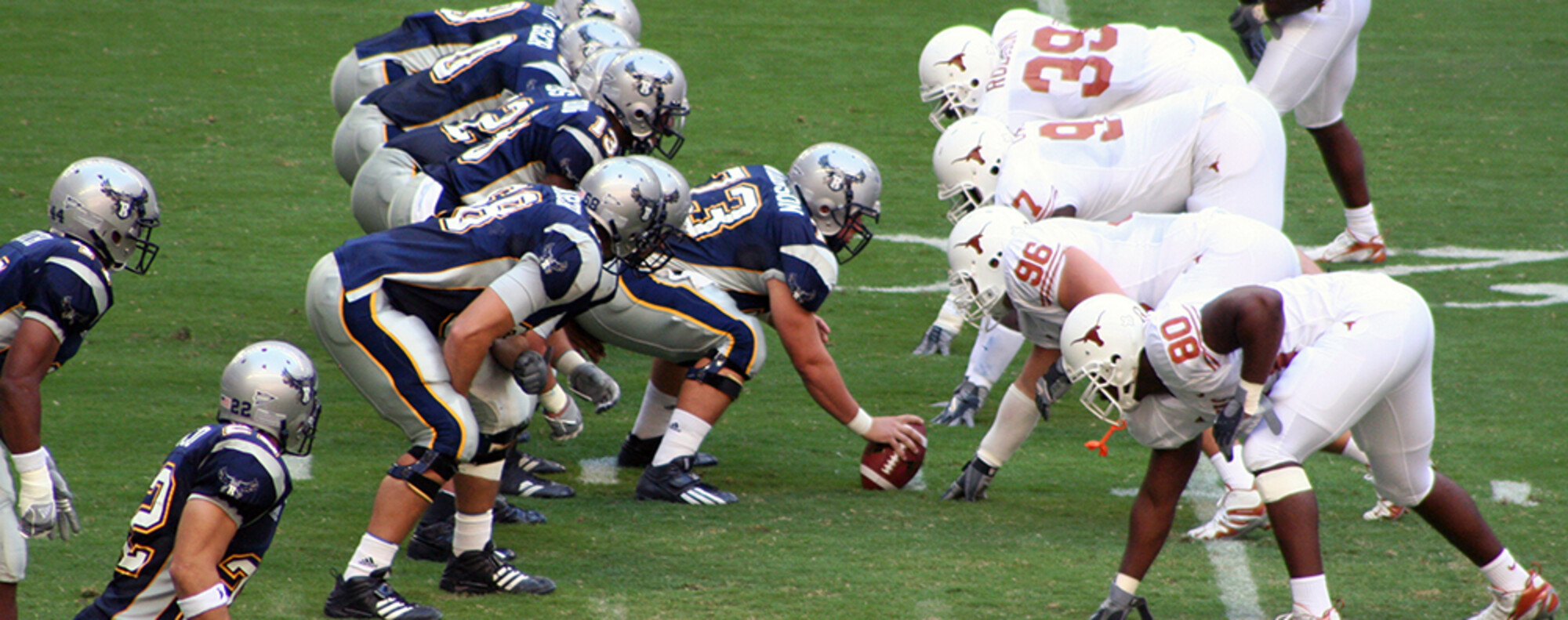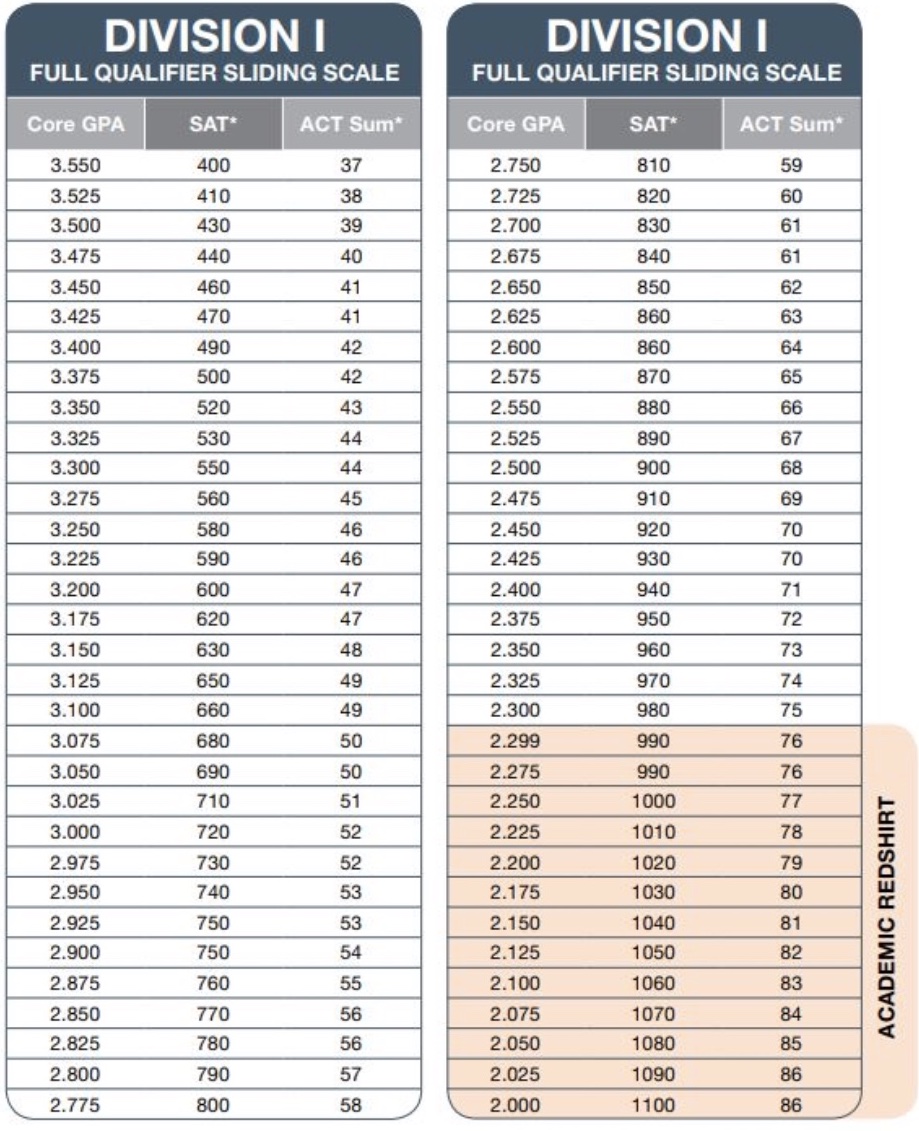Football Recruiting 101

Critical Recruiting Info
Recruiting Calendar
College coaches are required to follow the recruiting calendar outlined by the NCAA. The recruiting calendar sets rules of when and how a coach may contact a recruit throughout the year. There are 4 different types of “contact periods.”
Quiet period
- No off-campus scouting can occur- For example, a coach is not permitted to attend the recruit's games or practices.
- Coaches are allowed to make in-person contact on their own institution’s campus.
Dead period
- Coaches are not permitted to make in-person contact both on and off their own institution’s campus.
- Official and unofficial visits are not permitted.
Evaluation period
- Coaches are not permitted to recruit in-person, off-campus.
- Coaches and athletic department staff members are allowed to evaluate recruits in off-campus activities to assess the “academic qualifications and playing ability of the prospective student-athlete.”
Contact period
- Coaches are allowed to recruit and make evaluations in-person and off-campus.
Visits
There are two different types of visits that a recruit may take to an institution’s campus: Official and Unofficial visits.
Official Visit
- A visit to the academic institution that is fully paid for by the institution.
- An official visit invite means an institution has a high interest in the potential student-athlete.
Before an official visit, a recruit is required to:
- Provide their high school transcript to the academic institution (that they are visiting).
- Register and create an account with the NCAA Eligibility Center.
Unofficial Visit
- A visit to the academic institution is fully paid for by the recruit or their family.
- An unofficial visit means a basic level of interest from an academic institution- this interest can vary from low to high.
3 Great Questions to ask College Coaches on visits:
- What does a typical day for a student-athlete look like?
- What academic support does the College offer the student-athlete?
- What is the offseason/spring ball schedule?
NCAA Eligibility Requirements
In order to be eligible for a scholarship, there are basic requirements that must be met. While these are the minimum requirements, it is important for a recruit to remember the higher their grades the better chance they have of being recruited.
- 16 core courses
- Minimum 2.3 GPA- D1
- Minimum 2.2 GPA- D2
- Meet the minimum “sliding scale”- combination of SAT/ACT scores and core GPA
- A recruit should check with their college advisor to make sure they are in the correct core classes.

A recruit should also check if they are following the NCAA amateurism requirement. To do this the recruit should create a account with the NCAA eligibility center (web3.ncaa.org).
Camps
In recruiting, nothing can replace film and grades. However camps are a great opportunity to get noticed by college coaches. There are a couple things to remember when entering camp season.
- You can’t go to every camp so make sure you plan out which ones you will attend.
- Understand the difference between showcases, combines camps, and if college coaches will be in attendance.
- Always remember to follow up with coaches after the camp.
- Wear something noticeable, so the coach watching will remember you.
- Give 100% effort and have good body language (college coaches are evaluating you at every moment).
Types of offers
There are two different types of offers- committable and non-committable offers.
- A committable offer means a recruit can commit to the institution at any moment.
- A non-committable offer means a recruit must wait if they want to commit to the institution.
When receiving an offer, it is important for a recruit to ask if it is committable.
Social Media
Social media is a important part of any athlete's recruitment. This is for two main reasons:
- It is a representation of who the recruit is as a person.
- A large amount of communication with coaches is done through social media.
Below are some tips to maximize chances of being recruited through social media
- Have nothing inappropriate on any of your accounts.
- Have your graduation year, height/weight, high school and gpa in your bio.
- Make sure your social media handle is your name (this makes it easier for colleges to find you).
Connect with College Coaches now!
Click here